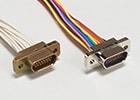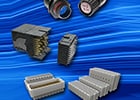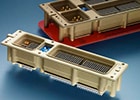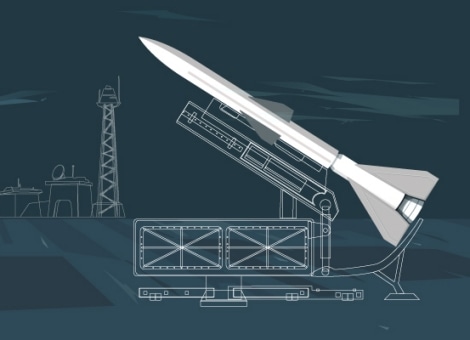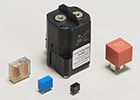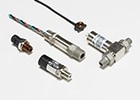
APPLICATION
Mission-Critical Components for Missile Defense Systems
Count on mission-critical precision targeting with smaller, lighter, faster and more reliable sub-assemblies for missiles and warheads.
Missile Technology: Sophisticated Sensor Accuracy
Accurate missile flight-to-target requires heave-duty processing of sensor data from infrared and laser sensors, radars, and guidance systems. The control system must deal with such flight variables as phase of flight, type of interception, motion, heat detection, and proximity.
As the sophistication of missile sensors grows and systems use multiple sensors, the data they provide become more complex. Connectivity to handle the data is moving from Gigabit Ethernet to 10G In networking, while signal processing systems need to pack mode bandwidth into smaller packages.
Products for Missile Defense Technology
Missile Applications
- Radar
- GPS
- Data Links
- Electro Optical
- Infrared
- Laser
- Inertial measurement units
Warhead Technology: Mission-Critical Reliability
In warhead design, MIL-STD-1760 defines the electrical characteristics of the signals at the interface, as well as the connector and pin assignments of all of the signals used in the interface.
Our connectors are designed for quick and reliable release of the store from the warhead. Reliability is maximized with TE precision relays and timers to help confirm the payload is delivered on target.
Products for Missile Warhead
Watch: How TE Connectivity Helps Engineers Overcome Technical Challenges in Hypersonic Technology
In this Breaking Defense webinar, Matt McAlonis, Engineering Fellow of TE Connectivity’s Aerospace, Defense and Marine business unit discusses how we help engineers overcome connectivity challenges with rugged sensors and connectors; how hypersonic technology is advancing and how important is to work a partner that can see the full architecture; and finally, how TE products can prevent outgassing and other industry issues common among hypersonic applications when
stored for long periods.
Missile and Warhead Solutions Infographic



